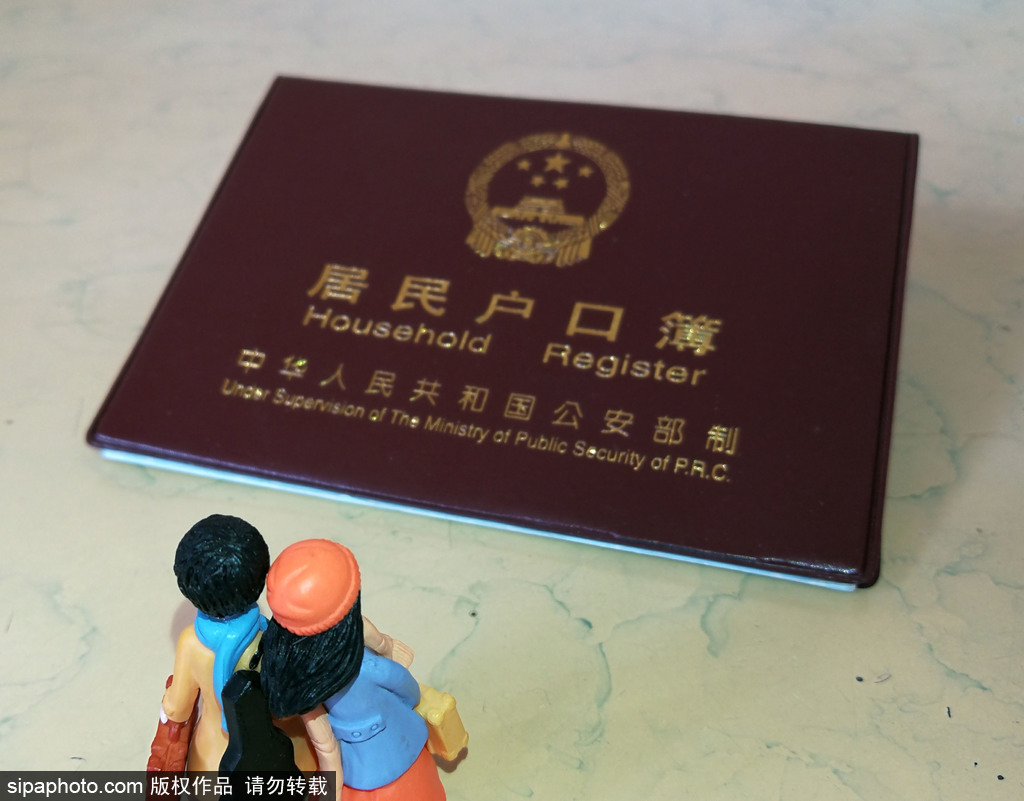
(Photo: Sipa)
The Ministry of Natural Resources recently said that rural residents' offspring can inherit the right to use their parents' rural homesteads despite having an urban household registration, or hukou. That is being seen as a positive way to solve the tricky problem of rural land inheritance.
According to the Law of Succession and the principle of integrating houses and plots in the real estate sector, the right to use rural residents' houses and homesteads can be inherited by their offspring. But there is a catch: only rural residents can inherit the right of use of rural homesteads, because, according to the law and regulation, rural land is collectively owned by rural collective economic organizations rather than individuals. That means if a rural youth obtains an urban hukou, he or she might lose the right to inherit the rural house.
Thanks to rapid economic growth, millions of rural residents have moved to cities to get better-paying jobs. The urbanization process is conducive to improving people's livelihoods, and has been promoted by authorities in recent years.
However, many rural residents who work and live in urban areas avoid obtaining an urban hukou and enjoying the public services that come with it because they are afraid of losing their rights to use their rural homesteads.
Some legal experts are of the opinion that the right of use of rural homestead is like a right to property, which should automatically pass on to the offspring. It is unfair to deny such succession rights to certain group of people just because they have an urban hukou.
The problem should impress upon lawmakers the need for urgent rural land system reforms to make them compatible with new social development trends. In this backdrop, the Ministry of Natural Resources' suggestion comes at the right time, indicating that China's land reform has entered the next level and will further benefit the people and society.


